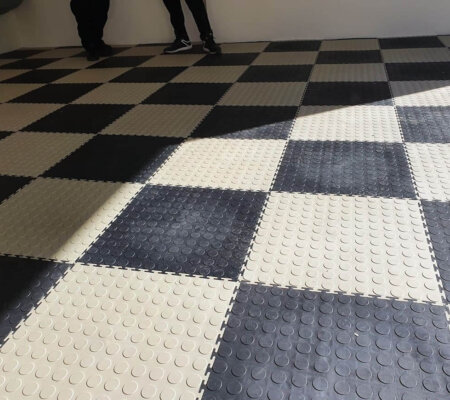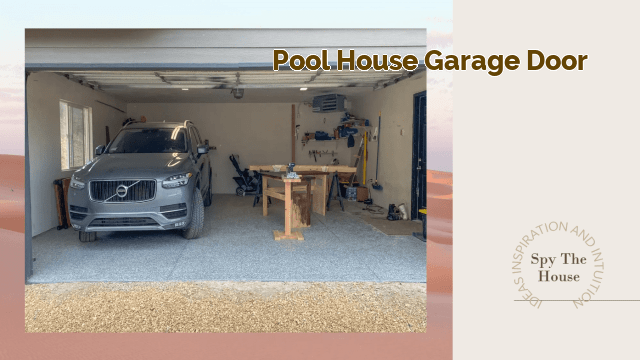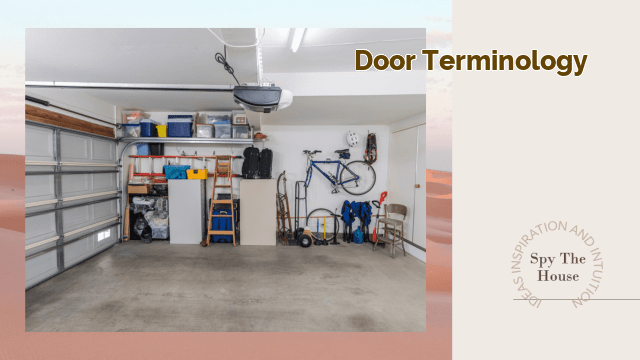Best Rubber Flooring For Garage Home Gyms

This comprehensive guide explores types, thicknesses, benefits, installation, and top brands to help you make the right choice.
Keywords: garage gym flooring, rubber flooring for garage gym, best rubber flooring for home gym, gym flooring, home gym flooring, rubber gym mats, garage gym flooring installation, best rubber flooring, thick rubber flooring, interlocking rubber tiles, rubber roll flooring, rubber flooring thickness, garage gym flooring reviews, home gym flooring cost, durable gym flooring, shock absorbent flooring, soundproof gym flooring.
Introduction:
Building a home gym in your garage offers unparalleled convenience and cost savings. However, creating a safe and effective workout space requires careful consideration of several factors, with flooring being paramount. Concrete garage floors are notoriously unforgiving, impacting your joints, damaging equipment, and creating excessive noise. The solution? High-quality rubber flooring. This comprehensive guide dives deep into the world of rubber flooring, helping you choose the best option for your garage gym needs. We’ll explore different types, thicknesses, benefits, installation methods, and top brands, empowering you to make an informed decision and create the perfect workout environment.
Table of Content
Why Choose Rubber Flooring for Your Garage Gym?
Rubber flooring stands out as the ideal choice for garage gyms due to its multitude of benefits:
- swing open garage doors
- 10×8 roll up door
- Bike Storage Solutions For Cluttered Garages
- mediterranean style garage doors
- Changing Garage Door Rollers: A Comprehensive Guide
-
Shock Absorption: Rubber’s inherent elasticity significantly reduces impact on your joints, protecting you from injury during high-impact exercises like weightlifting and plyometrics. This is crucial for long-term fitness success and injury prevention.

Durability: Rubber flooring is incredibly durable, capable of withstanding heavy weights, constant impact, and the wear and tear of regular use. Unlike other flooring options, it can handle dropped weights and heavy equipment without damage.
-
Sound Dampening: The dense nature of rubber effectively absorbs sound, minimizing noise transmission to other areas of your home. This is particularly important in garages, which often lack sound insulation.
-
Water Resistance: Rubber flooring is resistant to water damage and spills, making it easy to clean and maintain, even after sweaty workouts. This is vital in a garage environment prone to moisture.
-
Comfort: The cushioning effect of rubber flooring provides a more comfortable workout experience, reducing fatigue and enhancing overall performance.

-
Aesthetic Appeal: Rubber flooring is available in various colors, thicknesses, and styles, allowing you to customize your garage gym’s aesthetic to match your personal preferences.
-
Easy Installation: Many rubber flooring options, such as interlocking tiles, are designed for easy DIY installation, saving you on professional installation costs.
Related Article Best rubber flooring for garage home gyms


Types of Rubber Flooring for Garage Gyms:
Choosing the right type of rubber flooring depends on your specific needs and budget. Here are the most popular options:
-
Interlocking Rubber Tiles: These are individual square or rectangular tiles that interlock together, creating a seamless floor. They are easy to install, replace, and rearrange, making them a popular choice for DIY enthusiasts. They are available in various thicknesses, colors, and textures.
-
Rubber Rolls: Rubber rolls offer a continuous, seamless surface, minimizing tripping hazards and providing a more professional look. They are generally more cost-effective per square foot than interlocking tiles, but require more precise measurement and cutting for installation.
-
Rubber Mats: These are individual, larger mats that are often used for specific areas, such as under heavy equipment. They offer excellent protection for your floor and equipment.
-
Foam Rubber Tiles: A more budget-friendly option, foam rubber tiles are lighter and easier to handle than solid rubber tiles but offer less durability and shock absorption. They are suitable for lighter use and may not be ideal for heavy weightlifting.
Choosing the Right Thickness:
The thickness of your rubber flooring directly impacts its shock absorption, durability, and overall effectiveness. Consider these factors:
-
Thickness Range: Rubber flooring for garage gyms typically ranges from 3/8 inch to 1 inch thick.
-
Heavy Weightlifting: For serious weightlifting, a thicker flooring (¾ inch to 1 inch) is recommended to provide maximum protection for your joints and equipment.
-
Moderate Exercise: For moderate exercise involving lighter weights and cardio, a thinner option (3/8 inch to ½ inch) might suffice.
-
Combined Thickness: Layering thinner mats can achieve the desired thickness, offering a cost-effective alternative to purchasing very thick mats.
Installation Guide:
The installation process varies depending on the type of rubber flooring you choose.
-
Interlocking Tiles: Simply lay the tiles together, ensuring they interlock securely. Begin in a corner and work your way outwards.
-
Rubber Rolls: Accurate measurements are crucial. Roll out the rubber, cut to size using a sharp utility knife, and secure the edges with adhesive or double-sided tape.
-
Preparation: Regardless of the type, ensure your garage floor is clean, dry, and level before installation. Repair any cracks or imperfections to prevent unevenness.
Top Brands and Where to Buy:
Several reputable brands offer high-quality rubber flooring for garage gyms. Research reviews and compare prices before making a purchase. Some popular brands include:
-
Greatmats: Known for their wide selection of rubber flooring options, including interlocking tiles, rolls, and mats.
-
Flexi-Tile: Offers durable and aesthetically pleasing interlocking rubber tiles.
-
Sport Court: A well-established brand specializing in high-performance athletic surfaces, including rubber flooring.
-
Amazon: A convenient online marketplace offering a wide range of rubber flooring options from various brands.
-
Local Flooring Suppliers: Check with local flooring suppliers for options and personalized advice.
Budget Considerations:
The cost of rubber flooring varies based on thickness, type, brand, and quantity. Factor in the square footage of your garage gym and compare prices from different suppliers to find the best value for your budget. Remember that investing in high-quality flooring is a long-term investment that protects your equipment, your body, and your home.
Maintenance and Cleaning:
Rubber flooring is relatively low-maintenance. Regular sweeping or vacuuming removes dirt and debris. Spot clean spills immediately using a damp cloth and mild detergent. Avoid harsh chemicals that could damage the flooring.
Conclusion:
Transforming your garage into a functional and safe home gym starts with the right flooring. Rubber flooring offers unmatched durability, shock absorption, and sound dampening, making it the ideal choice for any garage gym enthusiast. By carefully considering the factors discussed in this guide – type, thickness, installation, and budget – you can choose the perfect rubber flooring to support your fitness journey for years to come. Remember to prioritize safety and comfort to create a workout space that motivates you to achieve your fitness goals. Invest wisely, and enjoy your new garage gym!






